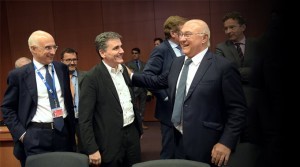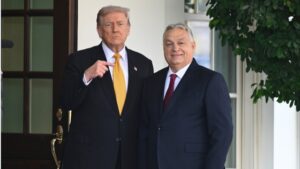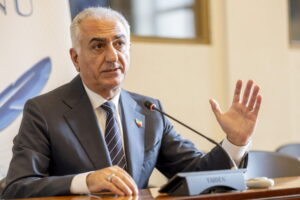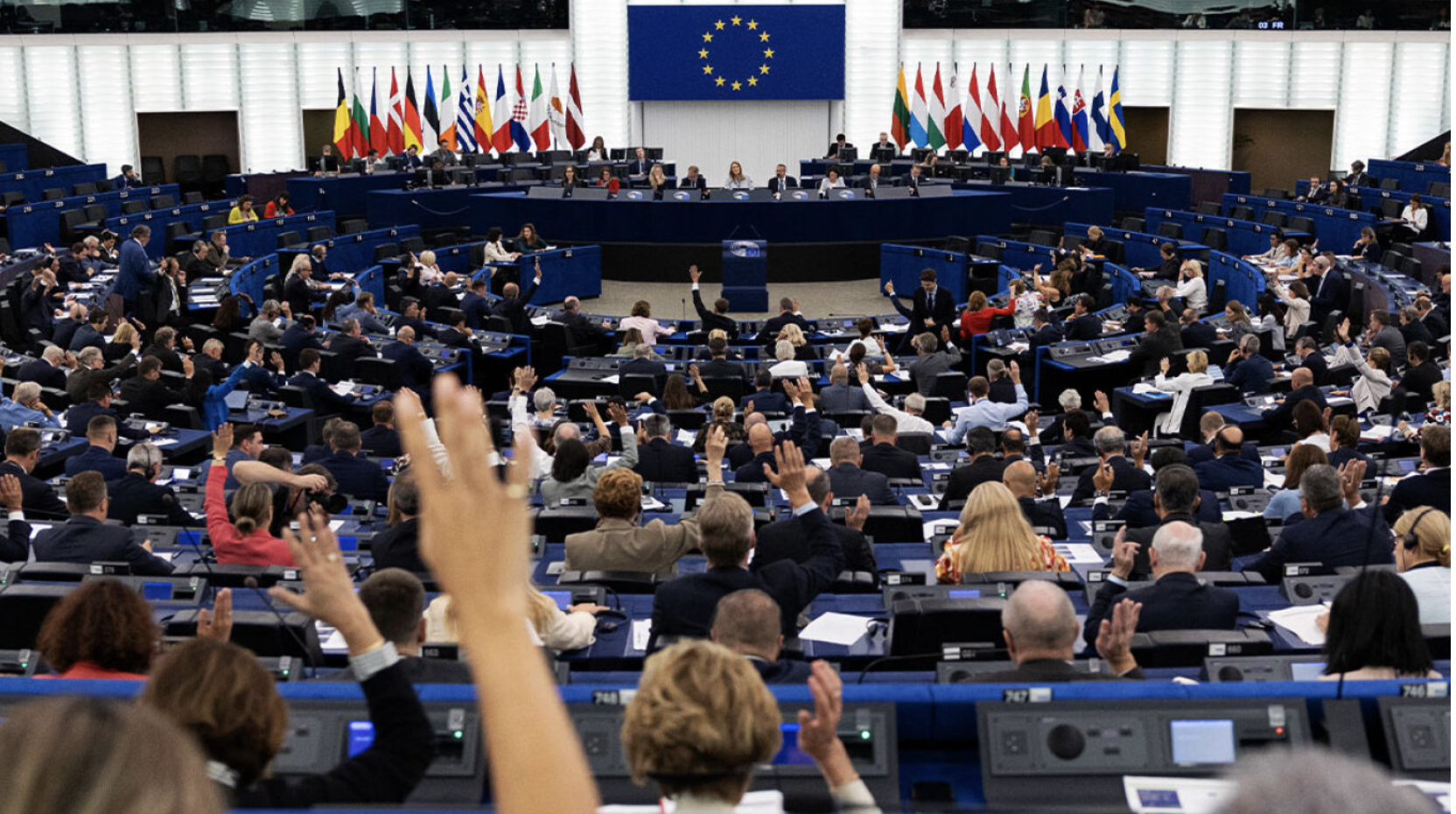The Eurogroup meeting has ended with Finance Ministers agreeing to release 26bln Euros to Greece within the framework of the 3rd bailout plan via the ESM 86bln Euro.
Eurogroup President Jeroen Dijsselbloem speaking to the press after the successful outcome of the meeting said deposits in Greek banks are guaranteed, while the total amount would reach 86bln Euros. He added that the sum of the Greek debt would become viable after the implementation of the measures and once the first review had been made on the progress of the plan.
The Dutch Finance minister stressed that there was a positive and constructive atmosphere on a political level , while he pointed out that the Eurogroup’s agreement was in line with the July 12 EU-19 Summit deal. Greece’s willingness to reform its pension system will be crucial to the IMF’s decision to take part in the bailout or not, he noted.
On the concerns of political instability in Greece, Dijsselbloem replied that the Greek parliament approved the plan by a large majority, showing there is sufficient ownership. The 86bln Euros includes a 25bln buffer to recapitalise Greek banks. Eurozone authorities aim to release the first loan tranche by Wednesday, August 19, which will be 16bln Euros to cover the bridge loan and bond payments to the ECB on August 20.
The head of the ESM, Klaus Regling, said the cooperation with the Greek government was excellent, adding that a number of EU parliaments still had to ratify the agreement. A further 10bln Euros is being set aside for Greek bank recapitalisation, but will not be handed to Greek banks. Instead these funds will be retained in Luxembourg and provided when requested. Regling estimated that a 32 and a half year period would be necessary for Greece to pay-off the loan, underlining that the interest rate would be set to an average of 1 per cent.
European Commission Vice-President Valdis Dombrovskis referred to the deal as ‘a necessary agreement’ as it lifted any insecurities that emerged in the EU’s relationship with Greece over the past 6 months. He characterised the deal a just and balanced agreement, while he underlined that it was important in restoring relations of trust between Greece and the EU institutions. “We made some changes regarding fiscal policies , with a primary deficit set at 0.25% for 2015 and gradually reaching 3.5% by 2018”, he said.
On the issue of how the first 10bln Euros released to Greece would be utilised he said that it would be injected into the banking system, which had been hurt by the capital controls.
Speaking to the press after the meeting, Greek Finance Minister Euclid Tsakalotos said that Greek society would be the judge of whether the deal is good or not.
German Finance Minister Wolfgang Schauble expressed his hope that the IMF would participate in the bailout plan. He explained that the first loan tranche of 10bln Euros would be directed to recapitalising the banks in order to boost the liquidity and economic growth in Greece. He underlined that the negotiations during this Eurogroup were better, adding that it seemed serious work has been done in Athens this time. He stressed, however, that they would have to be careful because the sum was large. Responding to the question of how confident he was that the measures would be implemented he took a somewhat cryptic stand saying: ‘how certain do I look’. Schauble repeated that the whole process was on the right track, while he said the sustainability of the Greek debt would be examined in October.
Meanwhile, IMF chief Christine Lagarde issued a statement welcoming the agreement between Greece and the rest of the Eurozone, but warned that ‘significant’ debt relief was needed before the IMF could join the bailout.
Finally, France’s Finance Minister Michel Sapin has hailed the deal, and applauded the determination shown by the Greek government to carry out reforms.
Ask me anything
Explore related questions





